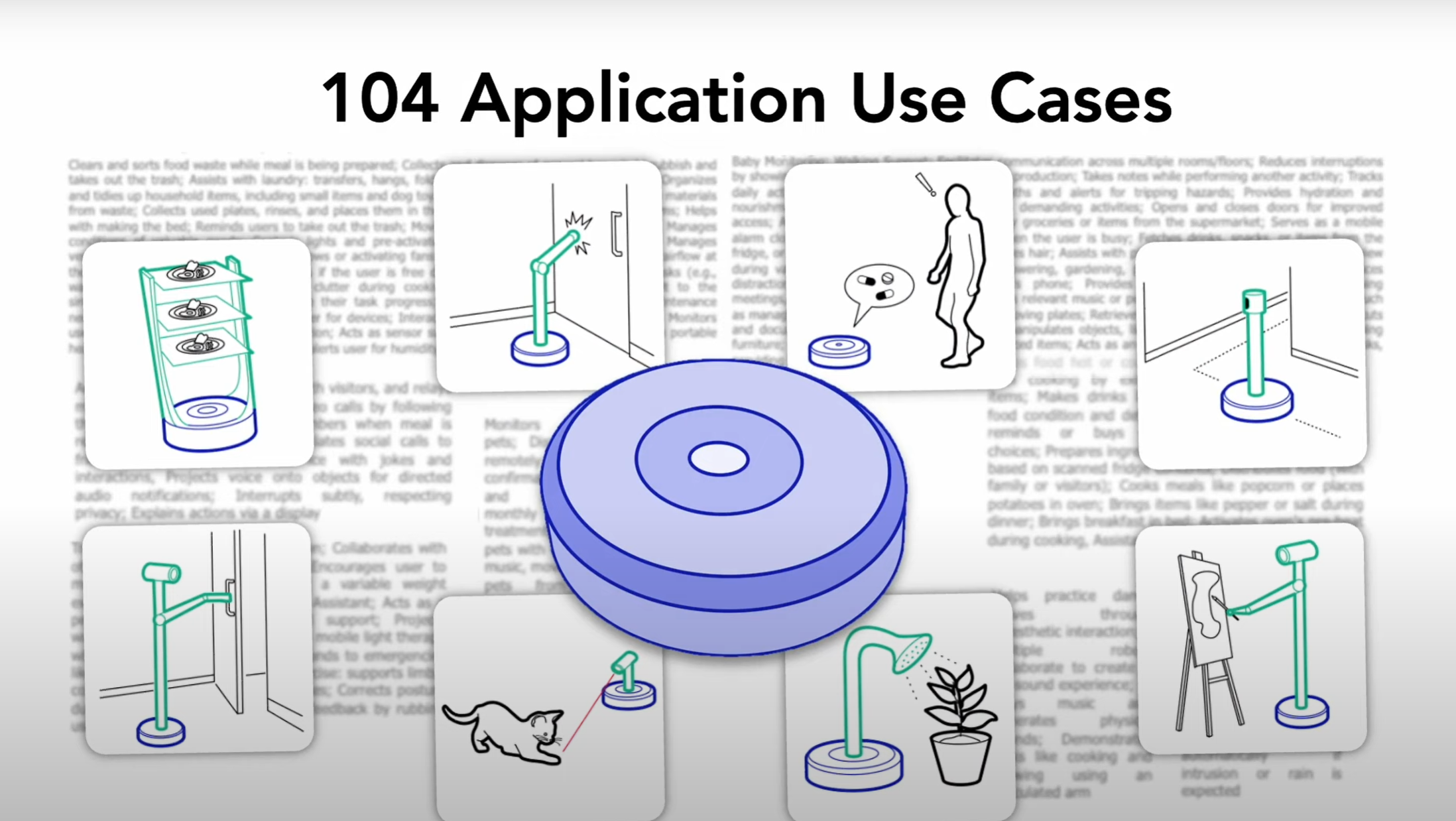ARTICLE AD BOX
Robot vacuums can be modified to complete simple household tasks like watering plants, researchers have revealed.
A team of computer scientists from the University of Bath reprogrammed a Roomba to perform four new tasks in an effort to maximise its utility during idle hours.
New functions include charging phones, providing live feed of pets, projecting displays onto walls, and deterring disturbances.
The researchers identified more than 100 tasks that the robot vacuum could perform with some relatively simple modifications, such as playing with cats with a fitted laser pen, or carrying groceries from the car to the house.
“Mobile domestic robots, like robot vacuum cleaners and lawnmowers, are perceived as limited, single-task devices but there is a strong argument that they are under-used for practical tasks. For most of the day, they sit idle,” said Yoshiaki Shiokawa, a PhD student in the Department of Computer Science at the University of Bath, who came up with the modifications.
“We should be extending their utility beyond their primary tasks by programming them to physically navigate the home to perform a range of additional functions. Just think how much more efficiently households would run if Roombas could be converted into household assistants.”
Mr Shiokawa noted that robot vacuum cleaners currently only clean for just one hour and 47 minutes each day on average, leaving a huge amount of untapped potential.
Other applications proposed by the researchers include searching for lost items, receiving and delivering packages, and “playing a card game”.
Similar functionalities could also be added to other domestic robots, such as robotic lawnmowers.
“Idle time presents unique opportunities for value-adding interactions and it aligns with the growing need for adaptable robots and integrated systems that can seamlessly fit into our daily lives,” said Dr Adwait Sharma, a lecturer in the Department of Computer Science at Bath.
“A robot vacuum could, for instance, use its idle time to monitor home security, water the plants or assist an older person to stand from a sitting position. These tasks tap into the robot’s advanced sensors, as well as its mobility.”

The scientists detailed the revamped robot in a new paper titled ‘Beyond vacuuming: How can we exploit domestic robots’ idle time?’
The study was presented at the CHI Conference on Human Factors in Computing Systems, taking place in Yokohama, Japan, this week.









 English (US) ·
English (US) ·